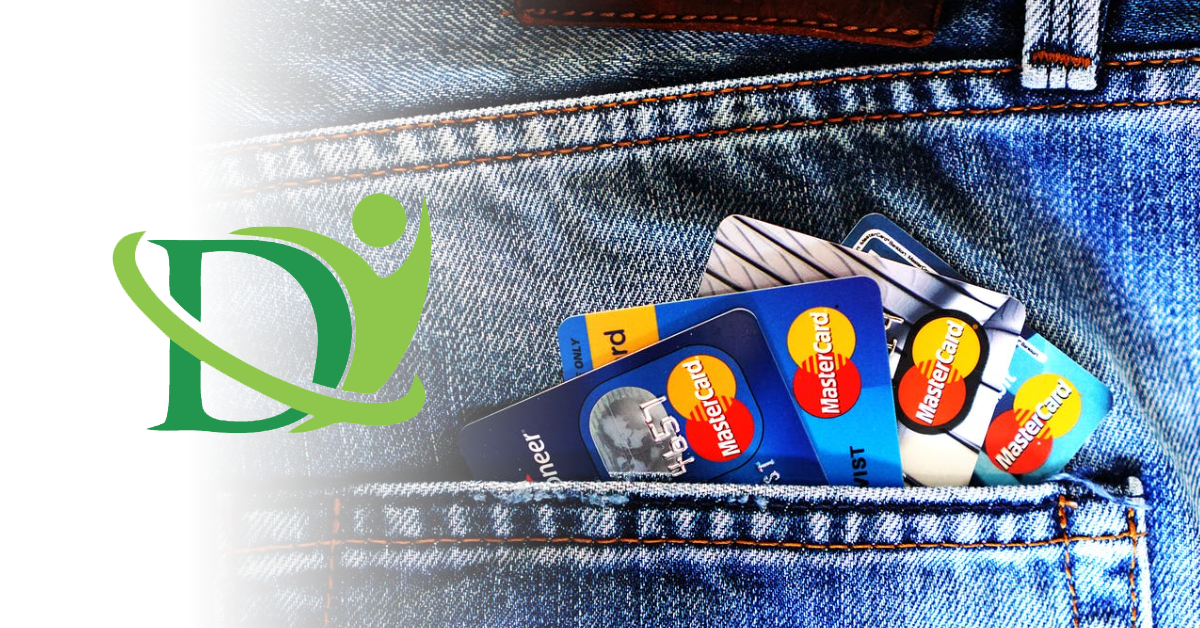
Understanding the Pros and Cons of Debt Consolidation Loans
September 25, 2023
The Role of Credit Counselling in Achieving Financial Stability — An Overview for Canadians
October 31, 2023A considerable number of Canadians struggle with mounting debt, which can lead to financial stress, poor credit scores, and limited opportunities to achieve long-term financial stability. In such scenarios, exploring various debt management strategies and solutions becomes essential in overcoming the burden of financial obligations.
While options like debt consolidation loans, credit counselling, and debt settlement programs are widely acknowledged, consumer proposals have emerged as an increasingly popular alternative debt solution. To assist individuals in making informed decisions about managing debt, this comprehensive analysis will examine the intricacies of consumer proposals and their benefits.
A consumer proposal is a legally binding agreement negotiated between a debtor and their creditors through a Licensed Insolvency Trustee (LIT). This debt relief option allows debtors to settle their unsecured debts by paying a portion of what they owe, over a period not exceeding five years.
Consumer proposals aim to provide relief to individuals struggling with debt by reducing the overall debt burden, offering manageable repayment structures, and preventing further action from creditors, such as wage garnishments or legal suits.
However, as with any financial decision, it is crucial to weigh the potential advantages and disadvantages of consumer proposals to comprehend whether this approach aligns with one’s financial goals and circumstances.
In the subsequent sections, this post will present a detailed overview of consumer proposals and discuss their advantages, potential drawbacks, and the process involved in filing a proposal.
This discussion will cover various aspects such as debt eligibility, effects on credit scores, and the legal protection afforded under a consumer proposal. Towards the end, alternative debt management strategies will be briefly touched upon to ensure a comprehensive understanding of the range of choices available to Canadians in debt.
Armed with this knowledge, individuals struggling with debt can make well-informed decisions about whether a consumer proposal is an appropriate step to tackle their financial challenges. For those uncertain about the ideal course of action, enlisting professional advice from reputed consulting services, including the experts at Debt Helpers, is highly recommended.
Such specialists can help individuals navigate the debt relief journey by providing tailored solutions and guidance pertinent to their unique financial circumstances.
An In-Depth Look at Consumer Proposals and Their Benefits
Consumer proposals can provide an effective path to financial recovery for debt-stricken Canadians. By understanding the process, advantages, and potential drawbacks, individuals can determine whether this solution aligns with their financial objectives. The subsequent sections delve into the intricacies of consumer proposals and discuss their effects on debt repayment, credit scores, and legal protection offered.
Eligibility and Process for Consumer Proposals
Not all forms of debt are eligible for consumer proposals, and certain criteria must be met to qualify for this debt solution:
- Unsecured Debt: Consumer proposals predominantly cover unsecured debt, such as credit card balances, personal loans, lines of credit, and certain tax debts. However, secured debts like mortgages and car loans are typically excluded.
- Debt Amount: To qualify for a consumer proposal, an individual’s total debt cannot exceed $250,000 (excluding secured debts on primary residence).
The consumer proposal process commences with the engagement of a Licensed Insolvency Trustee (LIT) who will assess the debtor’s financial situation, prepare the proposal, and guide them through the negotiation process with creditors. Upon acceptance of the proposal by a majority of creditors representing at least 50% of the total debt value, it becomes legally binding for all unsecured creditors.
Advantages of Consumer Proposals
Several significant advantages make consumer proposals an attractive solution for many Canadians battling debt:
- Debt Reduction: Consumer proposals allow individuals to repay only a portion of their total unsecured debt, providing considerable financial relief.
- Interest-Free Payments: During the consumer proposal term, no additional interest accrues on the outstanding debts, easing the repayment process.
- Protection from Creditors: Once a consumer proposal is in effect, creditors are prohibited from initiating or furthering any legal action or wage garnishments.
- Retaining Assets: Unlike bankruptcy, consumer proposals enable individuals to retain their assets as long as they meet the repayment terms.
- Predictable Repayment Terms: Consumer proposals offer predictable repayment schedules, and there is no penalty for early repayment.
Potential Drawbacks of Consumer Proposals
Despite the benefits, consumer proposals also carry several potential drawbacks that warrant consideration:
- Impact on Credit Score: A consumer proposal remains on an individual’s credit report for three years after the completion of the proposal, negatively impacting credit scores during this time.
- Ineligible Debts: Certain debts, including secured loans and support arrears, are not eligible for inclusion under a consumer proposal.
- Legal Binding Nature: A consumer proposal is legally binding. If an individual defaults on payments, the LIT may annul the proposal, leading to reinstated debts and potential legal ramifications.
Alternative Debt Solutions
Before opting for a consumer proposal, it is essential to evaluate alternative debt management strategies:
- Credit Counselling: This approach involves working with a professional credit counsellor to assess financial situations, devise tailored budgets, and negotiate with creditors for lower interest rates or extended repayment terms.
- Debt Consolidation: Qualifying borrowers can consolidate their multiple high-interest debts into one monthly payment, often at a reduced interest rate, simplifying debt management and lowering overall interest payments.
- Debt Settlement: Through negotiations with creditors, debt settlement programs aim to reduce outstanding debt balances by up to 50%. However, success in debt settlement hinges on the willingness of creditors to accept a reduced amount.
Conclusion
Consumer proposals can offer significant advantages to Canadians seeking relief from unsecured debt burdens. By reducing the total debt repayment amount, halting the accrual of interest, and offering legal protection from creditors, consumer proposals can provide a viable route to regaining financial stability. However, the potentially negative impact on credit scores, the exclusion of specific debts, and the legally binding nature of these agreements necessitate thorough evaluation before committing to a consumer proposal.
Take the first step towards a financially secure future free from the burden of crushing debt with expert guidance from DebtHelpers.ca! We offer tailored solutions and guidance to help you successfully navigate the debt relief journey. Don’t let debt hold you back any longer – seek professional guidance and consider all potential debt solutions, including consumer proposal. Visit our website today and explore our consumer proposal FAQ section to learn more about this effective debt relief strategy. Let us help you work towards a brighter financial future today!

